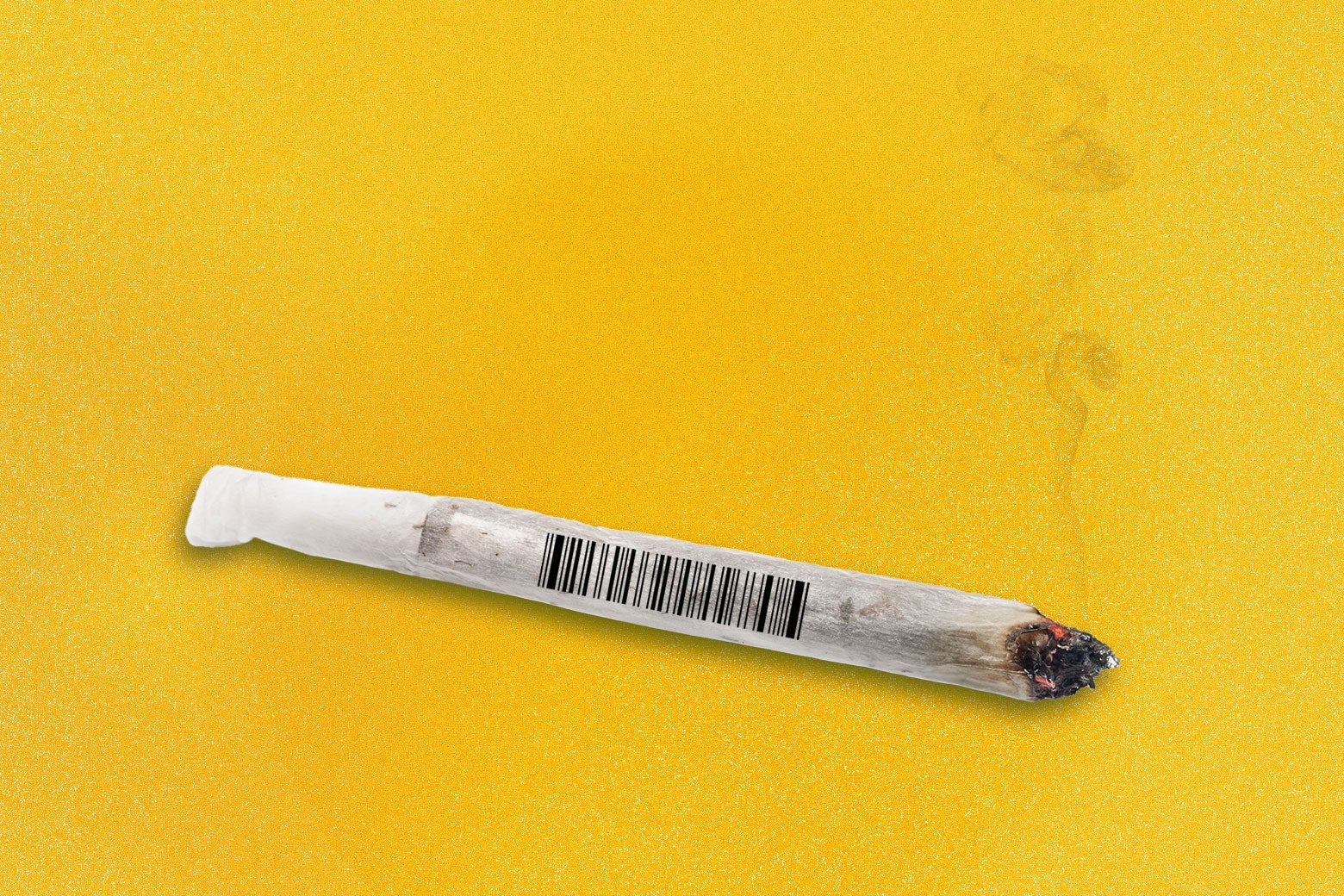Robbie Williams Reveals Battle with Scurvy: A Rare Deviation from the Norm
Robbie Williams, the 51-year-old pop sensation known for his chart-topping hits, has recently brought attention to a condition that many might associate with the past: scurvy. Often regarded as a disease that plagued 17th-century sailors, scurvy is far from a relic, as Williams discovered during a challenging health crisis. In a candid interview with The Mirror, he shared his personal experience, revealing that he had lost around two stone (approximately 28 pounds) while on medication similar to the weight-loss drug Ozempic, which ultimately led to his rare diagnosis.
Reflecting on his health, Williams admitted, "Id stopped eating and I wasnt getting nutrients," highlighting how his significantly reduced intake of vitamin C contributed to his condition. He expressed feelings of sadness, anxiety, and depression during this period, stating, "I was sad, I was anxious, I was depressed," which underscores the profound impact of his dietary choices on his mental health as well.
Williams detailed the profound concern that arose from this spell of poor health, noting, "Its been about 10 years... I thought I was at the other end of the arc. I thought this was the end of my story, and that I would just go walking into this marvellous wonderland. So for it to return was just confusing." His reflections reveal not only his struggles with physical health but also the psychological toll that such experiences can take on individuals.
So, what exactly is scurvy and how prevalent is it in todays society? Scurvy is a disease that results from a deficiency of vitamin C, which is essential for the synthesis of collagen in the body. Symptoms of scurvy can range from fatigue and weakness to joint and muscle pain, irritability, and easy bruising of the skin. In more severe cases, it can lead to swollen, bleeding gums and even tooth loss.
While scurvy was a common affliction in the 16th to 18th centuriesaccounting for the deaths of an estimated two million sailorsthe incidence of this disease has significantly declined in modern times. This decline can be attributed to the increased availability of various foods and a more diverse diet. However, recent studies indicate that vitamin C deficiency might be more widespread than many realize.
Research published in the Oxford Academic journal examined the Low Income Diet and Nutrition Survey conducted from 2003 to 2005, which targeted the low-income and materially deprived population in the UK. Alarmingly, this study estimated that 25% of men and 16% of women within this demographic had plasma vitamin C concentrations indicative of deficiency, with an additional fifth falling into the depleted range.
Given the importance of vitamin C in our diet, its crucial to understand how to incorporate it effectively. Good sources of vitamin C include a variety of foods, such as:
- Citrus fruits (oranges, grapefruit, lemons, and limes)
- Other fruits (strawberries and blackcurrants)
- Bell peppers
- Broccoli
- Brussels sprouts
- Potatoes
- Supplements
For optimal health, the NHS recommends that adults aged 19-64 aim to consume around 40mg of vitamin C daily, while children require approximately 15mg. However, it is essential to be cautious about excessive intake, as consuming too much vitamin C can result in gastrointestinal issues such as diarrhea, stomach cramps, or flatulence.
With Robbie Williams experience shining a light on scurvy, it serves as a reminder of the critical role that nutrition plays in maintaining both physical and mental health. Awareness of dietary deficiencies is vital to ensuring a healthy lifestyle.
























